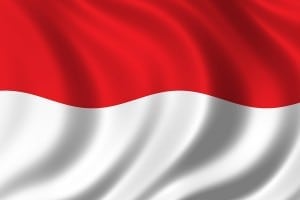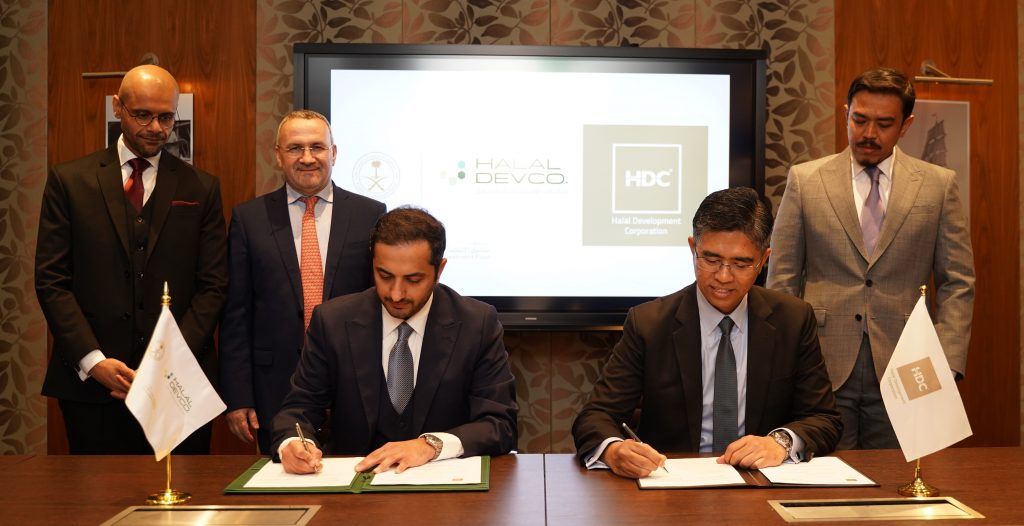Acutely
inadequate institutional capacity and a mostly corrupt bureaucratic
system are our greatest concerns whenever a regulatory process requires
nationwide enforcement on a very massive scale. These are the major
shortcomings that would make mandatory halal labeling for food, drugs
and cosmetics technically, economically and legally unfeasible.
The Indonesian Ulemas Council (MUI) has a legitimate point in demanding
that Muslims, who make up the majority of the population, need
protection and assurances from the government that what they consume is
halal, or permitted under Islamic law.
However, making halal labeling legally mandatory is surely not the most
effective way of achieving that objective. Meeting the MUI demand that
the draft law on halal food, drugs and cosmetics the government is now
finalizing make halal labeling compulsory could cause chaos in the
market.
Currently, halal certification is voluntary for producers and is
administered by the MUI. Hence, it is allowable for producers or
importers not to file requests for such labels.
The halal label issue is different from the bills on Islamic finance — sharia banking and sukuk (bonds) — which are currently in deliberation at the House of Representatives.
These bills will not make sharia banking and other sharia-compliant
financial products mandatory in the country. They are designed only to
protect consumers or people who prefer financial products or
derivatives that conform to Islamic laws, and to attract investment
from the Middle East.
An increasing number of wealthy Muslims, including those in Indonesia,
have been seeking sharia-compliant financial products and it is the
duty of the government to ensure these products, similar to those
marketed within conventional banking and financial services, are safe.
But making halal labeling compulsory is a completely different issue.
First, the MUI simply does not have the human resources and laboratory
equipment to enforce such a legal requirement across the country, and
upon all producers of foods, drugs and cosmetics. It would also be
impossible for the MUI to ensure that once food, drug or cosmetic
products are certified halal they will continue to fulfill halal
requirements.
It would be an uphill task itself to determine which products and which
categories of producers or importers/distributors should obtain halal
labels. How about prescription and over-the-counter drugs, or foods
made by cottage industries.
The additional economic costs producers and importers would have to
bear in fulfilling a mandatory halal labeling requirement would be
enormous.
We should not forget that producers and importers of foods, drugs and
cosmetics are already required by law to register their goods at the
Health Ministry’s food and drug administration agency, a process that
involves elaborate documentation and testing.
Requiring these producers/importers to undergo a similar regulatory
process with the MUI to obtain a halal certificate would increase
production costs at the expense of consumers. Mandatory halal labeling
would certainly kill micro, small and medium businesses due to the
costs involved.
Even now the Health Ministry’s food and drug administration agency is
unable properly to register and certify all food, drug and cosmetic
products to protect consumers, a result of technical and economic
shortcomings and an acute lack of resources.
Instead of legislating halal labeling, the government should give top
priority to further empowering the food and drug administration agency,
because the work it does protects the basic needs and interests of all
groups: monitoring and ensuring the health and hygiene standards of
products sold in the market and making certain producers are fully
transparent with regard to the ingredients used in their products.
Such transparency will enable consumers — Muslims in particular — to
ascertain which foods are halal and which products are healthy.
Another reason to scrap the halal labeling policy is that the
certification process is vulnerable to corruption, especially because
the certification work will have to be done across the country and
require credible auditors to assess whether the preparation of and the
ingredients used for foods, drugs and cosmetics meet Islamic laws.
There is no guarantee the MUI, however impeccable its integrity may be,
would be able to make halal certification, if made mandatory,
efficient, expedient and clean of corruption.
We therefore cannot help but get the impression that the MUI demand to
make halal labeling mandatory, and to authorize it as the sole
institution responsible for enforcing the law, smacks of an attempt at
rent-seeking.
The government and House members who support the MUI stance should take
into consideration all the technical, economic, legal and institutional
barriers to such a regulation, otherwise they may end up swallowing
something they cannot digest.


